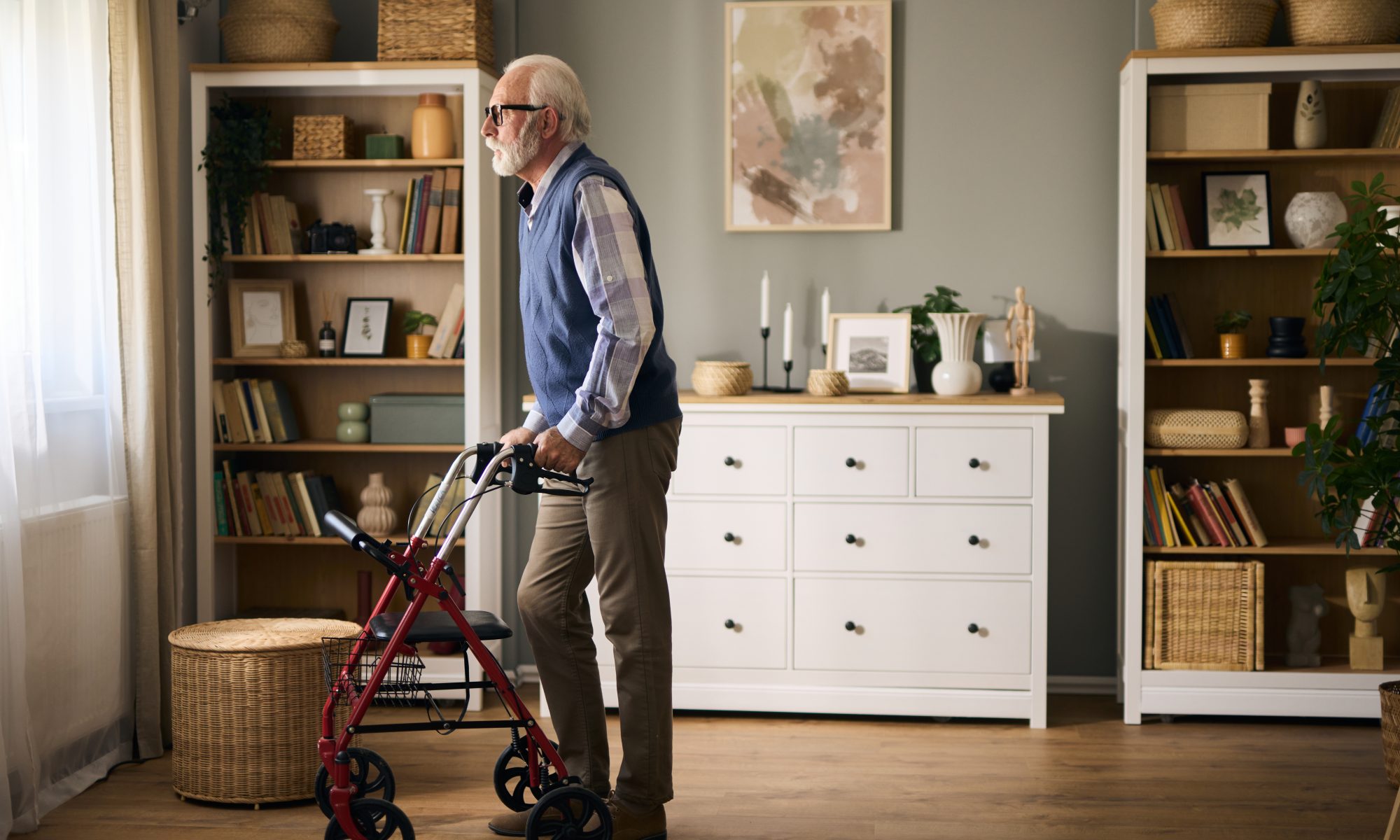
Table of Content
Caring for a senior loved one with mobility challenges can be both rewarding and demanding. With the right strategies, tools, and mindset, you can provide effective support while navigating the complexities of caregiving. Here, we offer practical tips for caregivers to ensure their loved ones’ safety, comfort, and independence.
Prioritize Safety in the Home
Creating a safe environment is crucial for reducing the risk of falls and accidents. A few ways to enhance home safety include:
- Install grab bars and handrails – Place grab bars in bathrooms near toilets, bathtubs, and showers as well as handrails along stairs and hallways.
- Remove tripping hazards – Clear pathways of loose rugs, cords, and clutter to ensure unobstructed movement.
- Improve lighting – Make sure all areas, particularly stairs and hallways, are well lit to minimize the risk of trips and stumbles.
By proactively addressing these potential risks, you’re setting up a secure space that supports independent mobility.
There are a variety of age-related health conditions that can make it more challenging for seniors to live independently. However, many of the challenges they face can be easier to manage if their families opt for professional home care. Miami families can rely on expertly trained caregivers to keep their loved ones safe and comfortable while aging in place.
Invest in the Right Mobility Aids
The appropriate mobility aids can make a significant difference in your loved one’s daily life. Begin by consulting a healthcare professional to identify which equipment is best suited to his or her needs. Options include:
- Walkers and canes for added balance and stability
- Wheelchairs or scooters for those who require more extensive support
- Lift chairs to make sitting down and standing up easier
Additionally, ensure your loved one receives proper training on how to use these aids safely and effectively.
Encourage Physical Activity
Movement is essential to maintaining strength, flexibility, and overall wellbeing, even for those with limited mobility. Work with your loved one to incorporate gentle, low-impact exercises suited to his or her abilities. Examples include:
- Chair yoga to increase flexibility and reduce stiffness
- Water therapy for joint-friendly cardiovascular workouts and muscle strengthening
- Regular stretching to maintain range of motion and prevent muscle tightness
Encouraging consistent activity can enhance confidence, reduce the risk of secondary complications, and boost quality of life.
A trained caregiver with experience in caring for seniors with mobility limitations can be a fantastic resource for family members. In-home care experts are available to provide high-quality care to seniors on an as-needed basis. From assistance with mobility and exercise to providing transportation to the doctor’s office and social events, there are a variety of ways professional caregivers can help your aging loved one continue to live independently.
Support Emotional Wellbeing
Mobility challenges can take a toll on mental and emotional health. Providing emotional support is just as important as addressing physical needs. Here’s how you can help:
- Foster open communication – Encourage your loved one to express his or her feelings, frustrations, or concerns.
- Promote social connections – Assist in organizing activities with friends and family, or look into support groups where your loved one can connect with others facing similar challenges.
- Celebrate small victories – Acknowledge progress and accomplishments to reinforce your loved one’s confidence and resilience.
By supporting your loved one’s mental health, you help your loved one feel more empowered and valued.
Take Care of Yourself as a Caregiver
Caregiving can be physically and emotionally demanding, and taking care of yourself is critical to being able to support your loved one effectively.
- Set boundaries – Recognize your limits and don’t hesitate to ask for help from family members, friends, or professional caregivers.
- Practice self-care – Dedicate time for activities that recharge you, such as exercising, reading, or meditating.
- Seek resources – Look into respite services or counseling to lighten your load and provide you with emotional support.
Remember, you can’t pour from an empty cup. Prioritizing your wellbeing ensures you’re able to provide the best possible care.
Family caregivers need to care for their own wellbeing. If you’re caring for an aging loved one and are feeling overwhelmed, consider hiring a professional caregiver to provide respite care. Miami families who want to prevent burnout can turn to Assisting Hands Home Care. One of our professional caregivers can assist your loved one at home while you take a nap, go to work, run errands, or go on vacation. Reach out to one of our Care Managers today to schedule a free in-home consultation.
